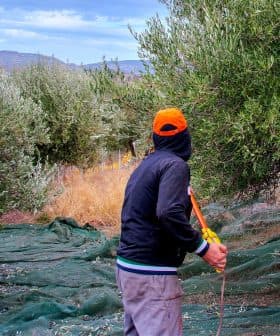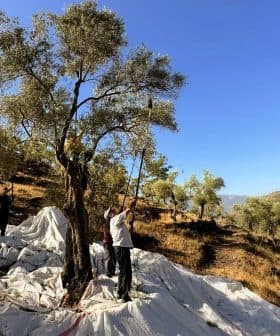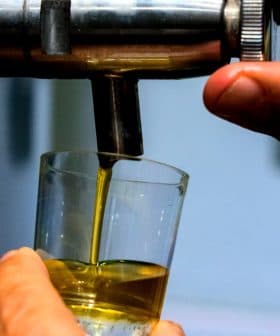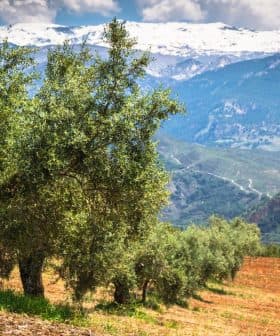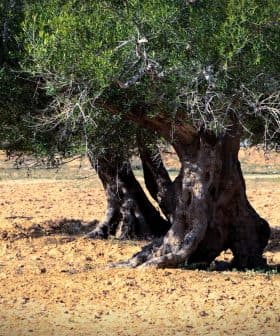No Respite in Greece as Wildfires Incinerate Ancient Olive Groves in Makri
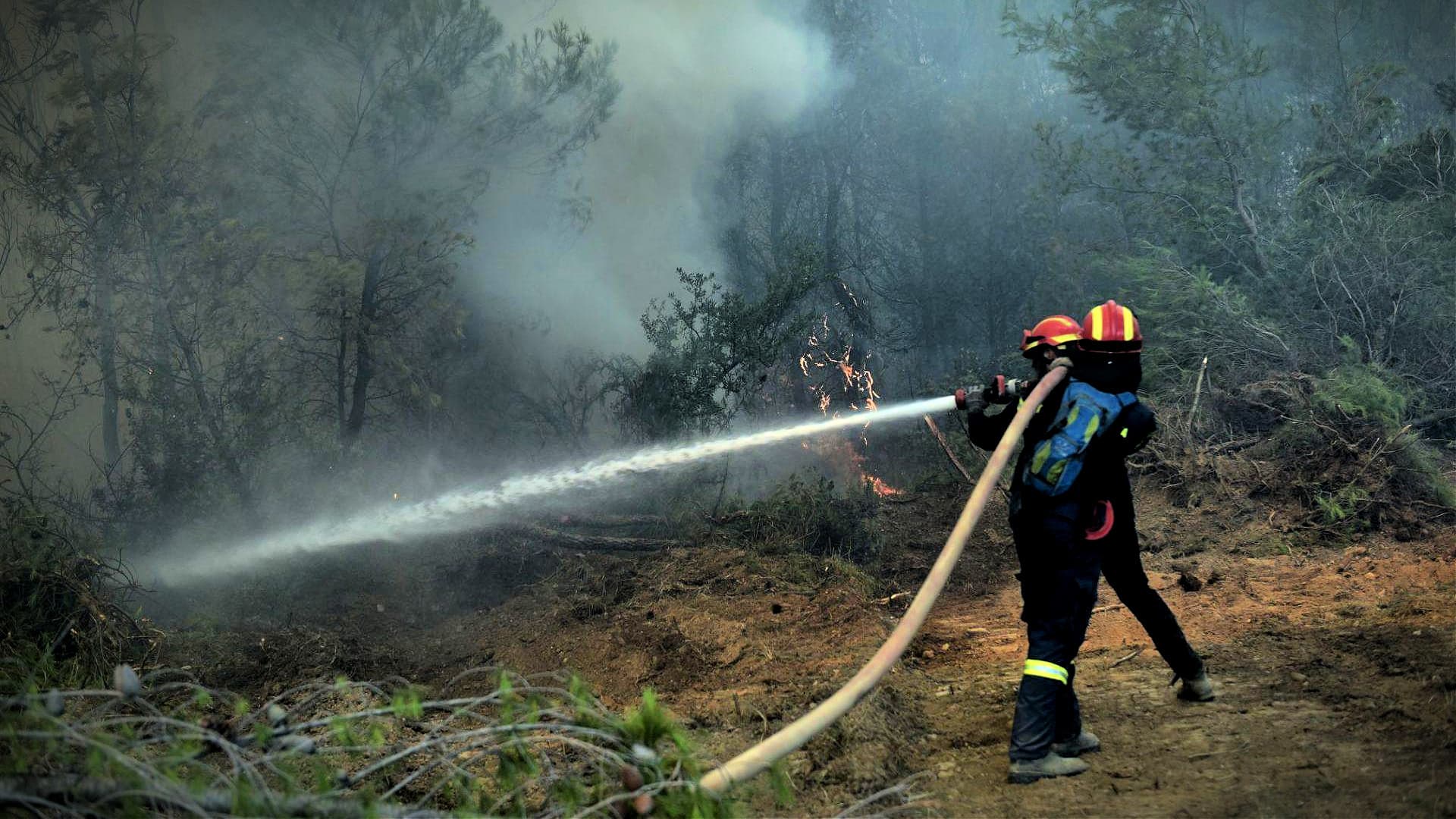
Greece has been devastated by a series of wildfires this summer, with new fires breaking out after the catastrophic events in July, resulting in loss of life, destruction of property, and forced evacuations. The fires have ravaged large areas of land, including the Parnitha National Park, the Viotia region, and the northern regions of Rodopi and Evros, with the largest recorded fire in northeastern Greece burning over 75,000 hectares and raising concerns about the country’s lack of adequate preventive measures against wildfires.
Greece has seen no respite from the catastrophic wildfires this summer.
After the devastating fires of July, a new wave of wildfires broke out across the country, mainly affecting the northwestern outskirts of Athens, including the Parnitha National Park, the Viotia region in central Greece and the northern regions of Rodopi and Evros.
Our mill remained intact, but the damage is incalculable. Our burned centenarian Makri trees cannot be replaced in any way.
The fires have tragically claimed human lives and destroyed livelihoods, forcing hundreds of people to flee their homes in the impacted areas.
In Evros, bordering Turkey, rescuers found 18 burned bodies near the Dadia forest, believed to be migrants trying to cross Greece.
See Also:Olive Growers on Evia Island Strive to Revive Fire-Damaged GrovesMeteorologists had warned of dangerous hot-dry-windy (HDW) conditions prevailing over much of the country from August 20th. The HDW index determines which days the atmospheric conditions can make a wildfire difficult to control.
“In my 32 years of service, I have never experienced similar extreme conditions,” Yiorgos Pournaras, head of the Greek fire service, told a press briefing.
However, according to a report in the New York Times, the country has failed to implement adequate preventive measures against wildfires, such as digging firebreaks and clearing brush and grasses from forests.
In northeastern Greece, a fire that erupted near the port city of Alexandroupolis has already ravaged more than 7,500 hectares of forest land and crops, also threatening the nearby settlements of Makri, Dikella and Agia Paraskevi.
Fanned by strong winds, the flames quickly engulfed the traditional Makri olive grove, a continuously cultivated area comprising more than 200,000 trees of the indigenous Makri variety, some of which are thousands of years old.
As the fire advanced, consuming olive trees, equipment and buildings, local olive oil producers were left in despair.
“The fire tore right through our groves,” Dimitris Adamidis, owner of the local Konos company, told Olive Oil Times.
“Many of our olive trees and part of our warehouses and equipment were destroyed,” Adamidis continued. “Our mill remained intact, but the damage is incalculable. Our burned centenarian Makri trees cannot be replaced in any way.”
Other producers in the area of Makri narrowly escaped the raging flames.
“The whole mountain was ravaged,” said Valia Kellidou of Kyklopas. “[Our mill] would have burned if the blaze came down toward the sea. We operated all our wells and fought the flames for three days.”
Kelidou also noted that an estimate of the damage caused to the area’s olive trees is impossible at the moment.
Makri is the northernmost area of Greece where olive trees are cultivated, with a microclimate that gives relatively dry summers and cold winters.
The area produces the Protected Designation of Origin-certified Makri olive oil, with yields ranging from 1,000 to 3,000 tons each season.
According to the European Climate Change Service Copernicus, the wildfire in northeastern Greece is the largest recorded on European soil in years, having already burned more than 75,000 hectares.
The overall toll of wildfires in Greece this year is exceptionally high: around 128,000 hectares of land have been burned since the beginning of 2023, a massive 195 percent more than the average area destroyed by fires in the country each year.


